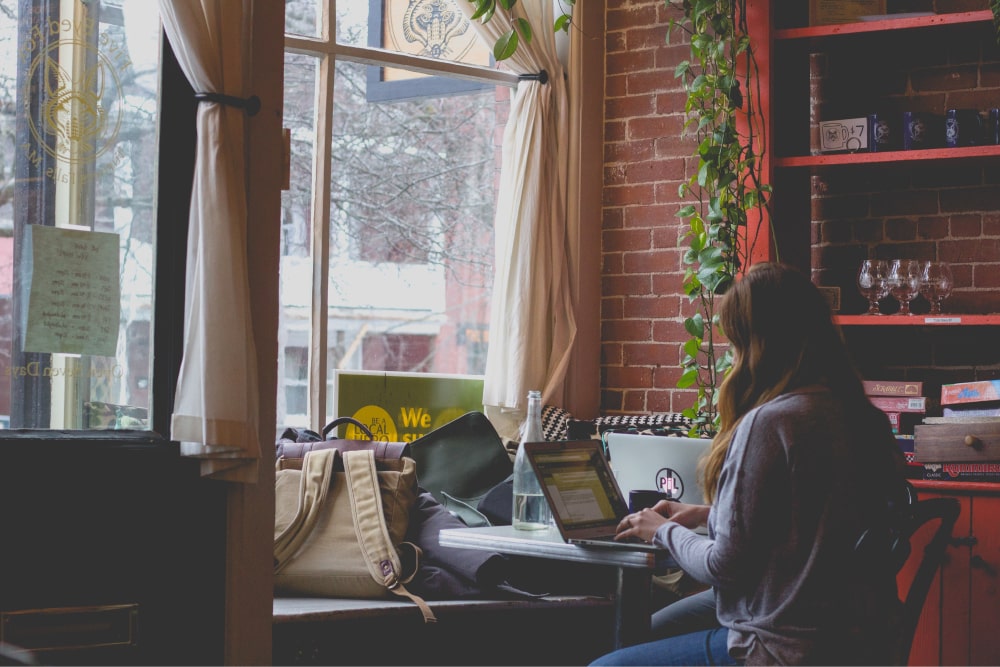
A survey has confirmed that the increase in unpaid care work and teleworking has hit women's work-life balance and mental health.
The Covid-19 pandemic prompted a surge in telework in many European countries. During 2020, the first year of the pandemic, telework increased drastically.
Teleworking percentage by gender in the EU
The highest share of the people working from home in the EU is in Finland (25.1%), Luxembourg (23.1%), Ireland (21.5%), Austria (18.1%) and the Netherlands (17.8%).
Increased work-life balance issues for women - facts and figures
The higher flexibility and autonomy associated with telework often result in more work and longer working hours, which affects the work-life balance. During the pandemic teleworking posed many challenges for workers when it came to the organisation of working time, work–family balance, well-being, and the physical work environment.
How women and men perceived work-life balance during the COVID-19 pandemic
The pandemic affected many people, but the latest data shows that women were affected more than men. Data collected in February and March 2021 shows that 7.4% of women and 5.7% of men found it hard to concentrate on a job because of family responsibilities. The numbers are even higher for people teleworking full-time, with small children at home (27% women, 19% men). Work is not the only thing that has been affected. About 31% of women and 22% of men who are teleworking full-time, with small children at home, said that their work prevented them from giving the time they wanted to their family.
To find out more on how Covid-19 has affected women’s work-life balance, click https://www.eureporter.co/politics/european-parliament-2/2022/03/09/teleworking-unpaid-care-and-mental-health-during-covid-19/